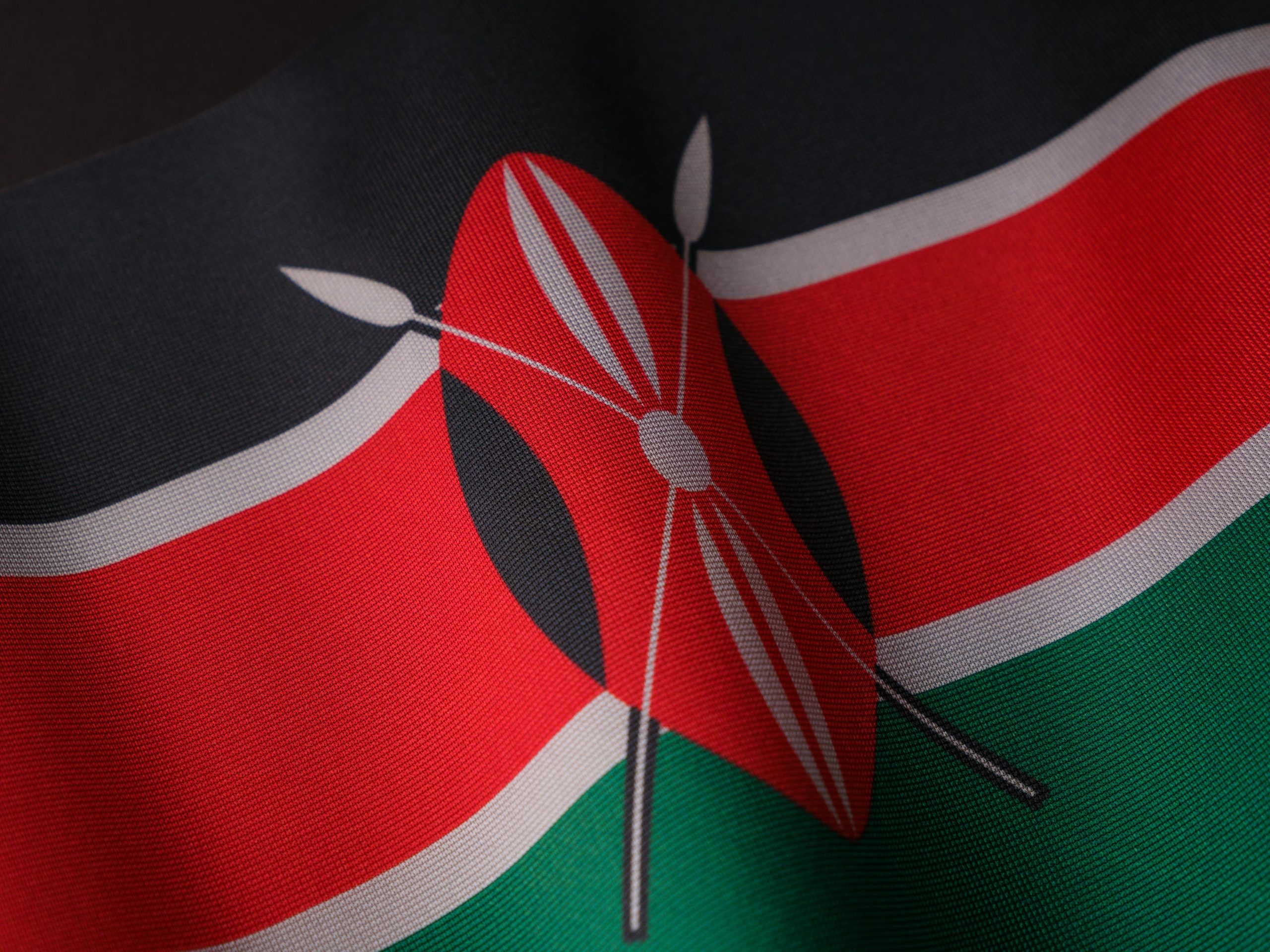
Remarks by H.E Amb. Makoloo speaking at the 35th Meeting of AFRA Representatives as Chair of the Vienna Based African Group.
Remarks by H.E Amb. Makoloo speaking at the 35th Meeting of AFRA Representatives as Chair[…]

Remarks by H.E. @MMakoloo, Chair of the African Group in Vienna, on strengthening Africa-China solidarity at #FOCAC2024
Remarks by H.E. @MMakoloo, Chair of the African Group in Vienna, on strengthening Africa-China solidarity[…]
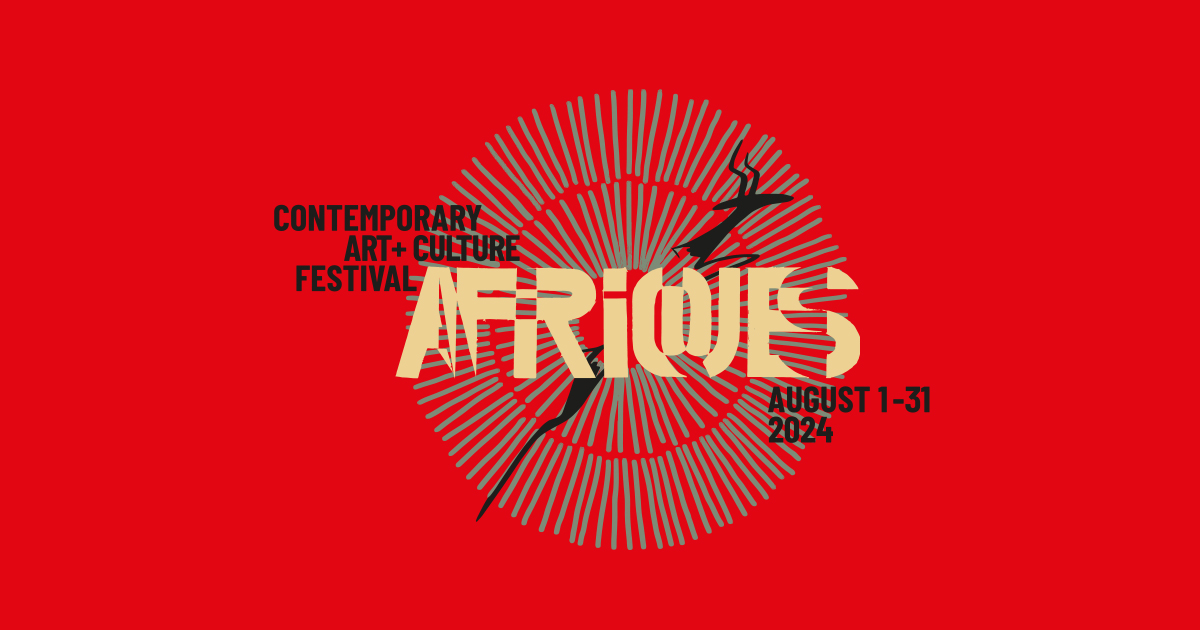
(Post Title)
Remarks by H. E amb. Maurice Makoloo as chair of the African group during the[…]
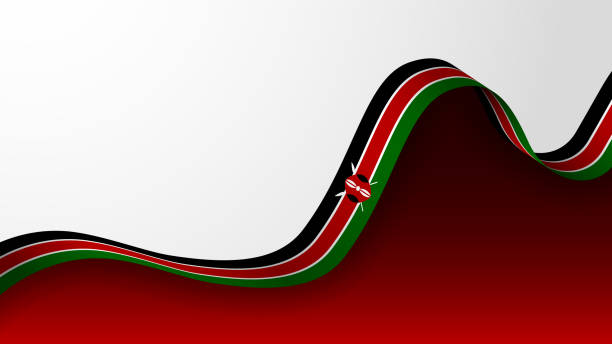
(Post Title)
Statement by Ambassador Maurice Makoloo during the UNIDO Programme and Budget Committee (PBC), 10th June[…]
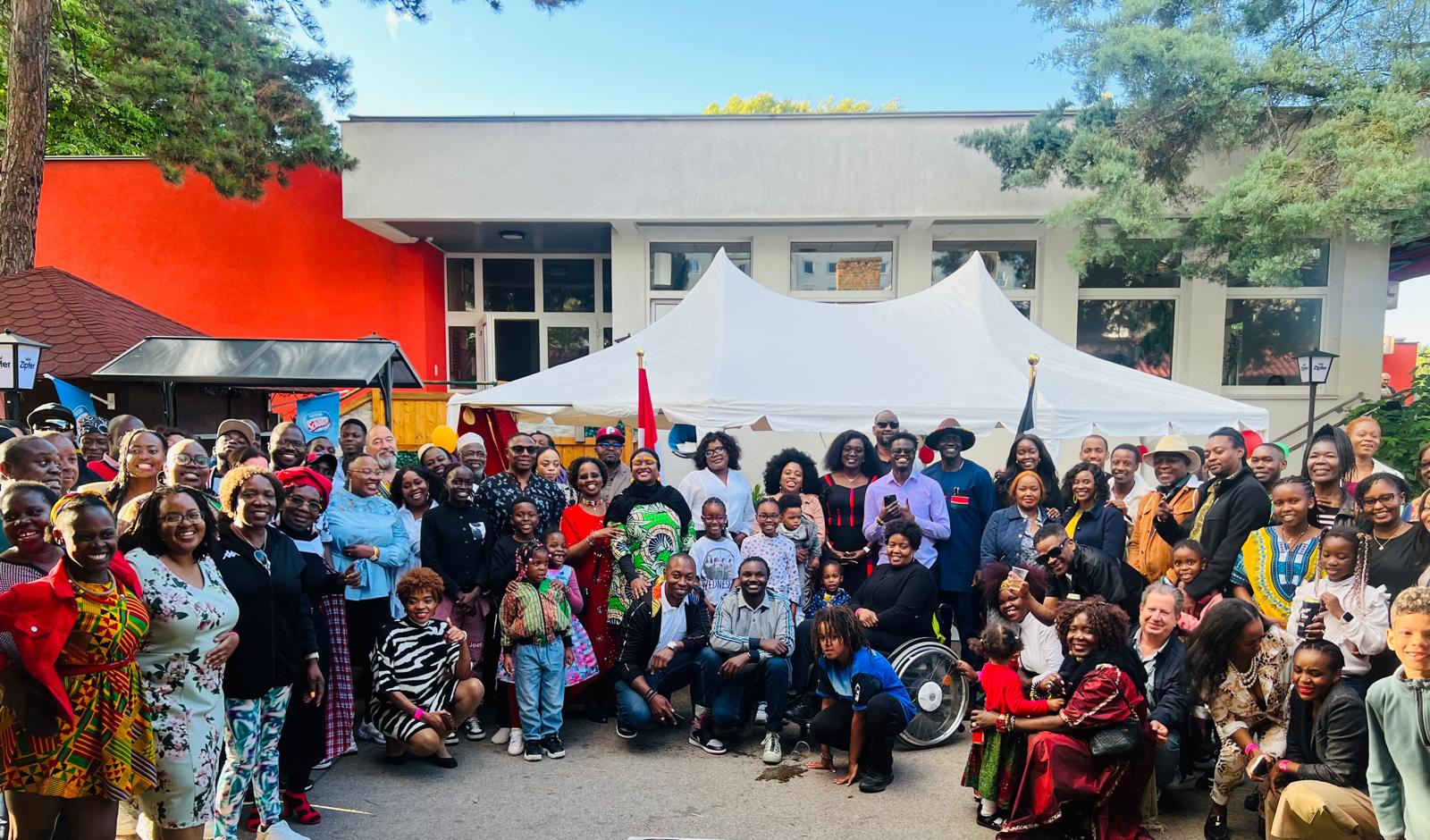
(Post Title)
REMARKS BY H.E AMB. MAURICE MAKOLOO, DURING THE 61ST MADARAKA DAY CELEBRATIONS ON JUNE 1ST 2024 IN VIENNA, AUSTRIA.[…]
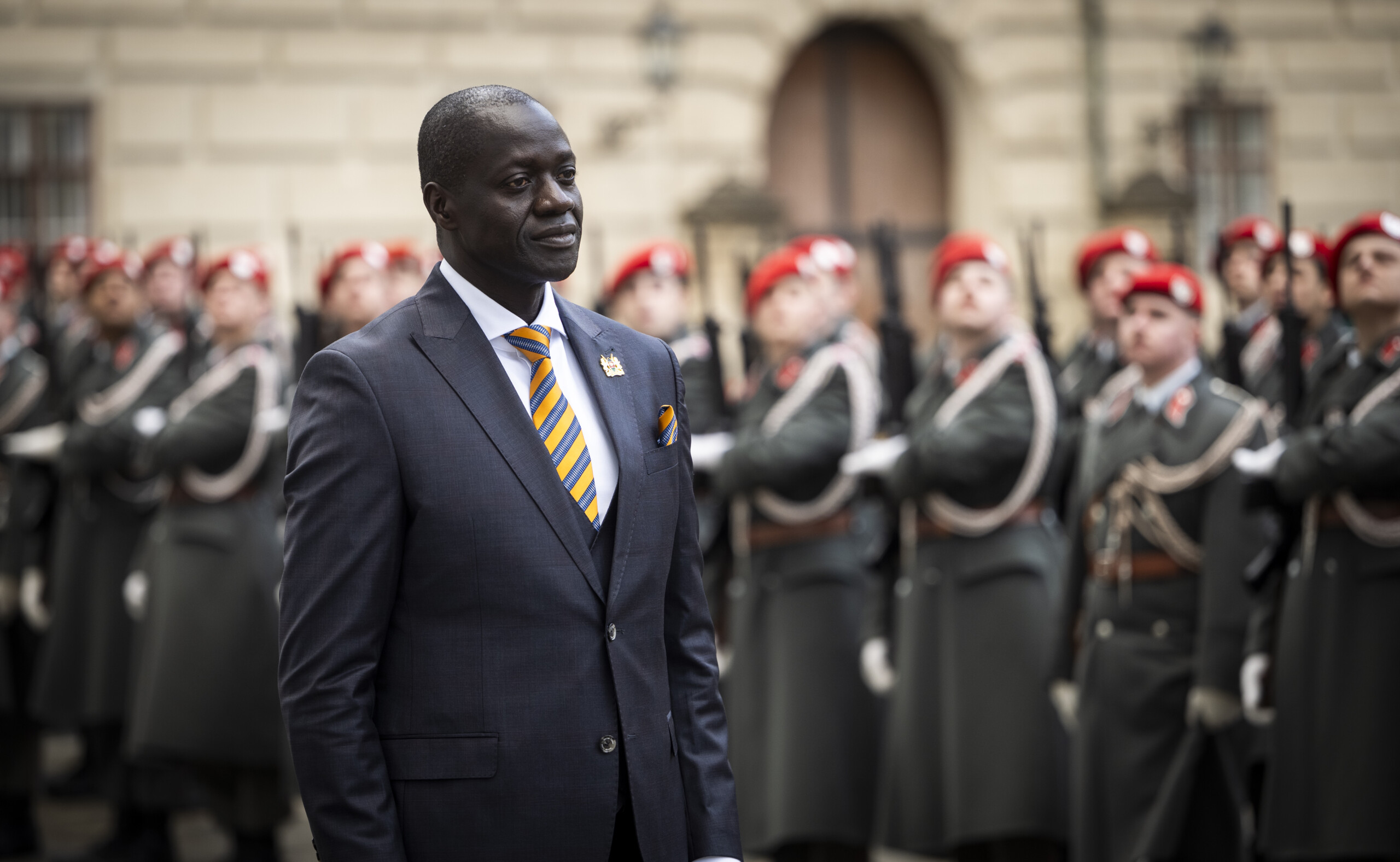
(Post Title)
REMARKS BY HIS EXCELLENCY AMB. MAURICE MAKOLOO AT THE RECEPTION HELD AT THE CHANCERY FOLLOWING[…]
